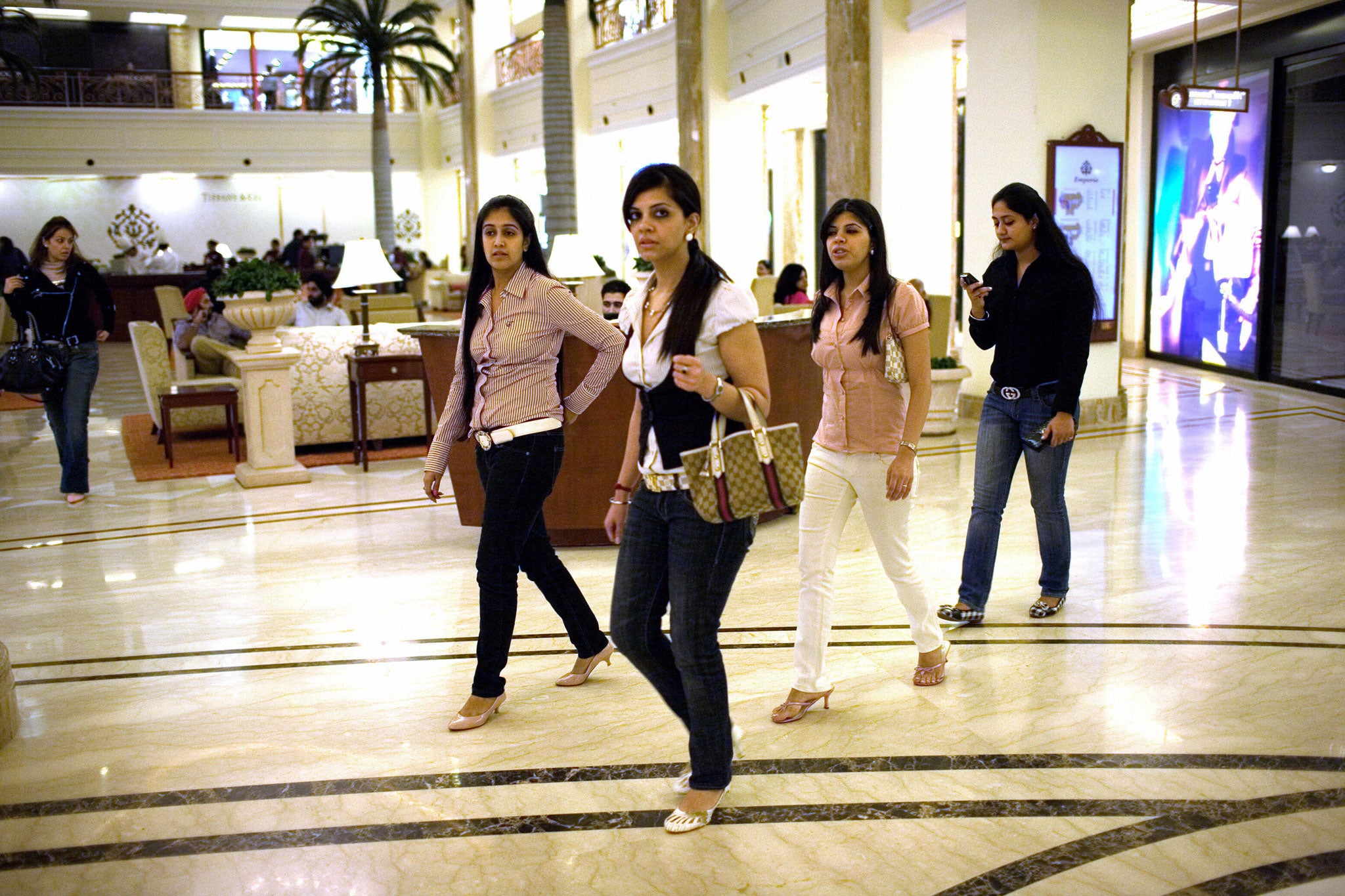Capital: A portrait of Twenty-First Century Delhi by Rana Dasgupta, book review
Liberalisation and growth have changed the fabric of India's great city of contrasts

A British-Indian writer who has published two novels, Rana Dasgupta initially moved to Delhi in 2001 to write fiction. Instead, he began to chronicle the city's shifting geography and the daily lives of the citizens he encountered. Throughout this exploration of present-day Delhi, Capital sets a scholarly and sympathetic tone. Dasgupta meets Delhiites in villas, restaurants, bars, offices and parks. His subjects are as varied as the city's upper and lower classes, men and women, Hindus, Sikhs and Muslims; property magnates, money launderers, technology entrepreneurs and activists working to uplift Delhi's slum areas.
In all his interactions, Dasgupta finds a system rife with abuse and disappointment. In 1996, Indian billionaires drew their fortunes from less than one per cent of national income. By 2008, that share had grown to 22 per cent. Much of Delhi's new-found wealth has been created by government contracts for property development, infrastructure, mining and telecoms. The city has invariably created a small middle class, but Delhi's working poor have suffered the most. Before liberalisation, 70 per cent of the city's factory workers were in full time employment. A decade later, 70 to 80 per cent found themselves in temporary employment.
"India Rising", "India, Inc." and "Superpower India" are all terms regularly employed to describe the dramatic transformation of the Indian success story in the last two decades. Deregulation and its associated freedoms have helped lift a few hundred million Indians out of unfathomable poverty. But the boom has also revealed deep anxieties at the heart of the country's super-engine. The creation of a market economy has curtailed the rights of the poor. Capitalism has also encouraged wholesale corruption.
In Delhi, a city of nearly 17 million residents, a young, income-rich and ambitious workforce is also testing the limits of traditional Indian family life. Men and women opt for careers and independence before marriage and children. A similar story can be found in cities such as Mumbai, Chennai and Hyderabad, but nowhere are the contrasts between aspirations and reality so acute as in Delhi, where around 200,000 to 300,000 migrants, mainly farmers, settle each year, according to government figures.
In 1993, British journalist William Dalrymple wrote of his six-year stay in Delhi in the infectious memoir, City of Djinns. Dalrymple's Delhi is the heart of multiple empires, its vessels fuelled by wealth, exotic foods, literature and art.
The Delhi of 20 years later offers little such comfort to those living within its borders. Its once mighty Mughal architecture has faded. Infrastructure built for the Commonwealth Games in 2010 is already crumbling and water resources have been squandered. In the 1970s, the number of Delhiites living in slums numbered 20,000. Temporary or makeshift abodes now provide shelter for nearly half the population.
Capital is a remarkable and exhaustive account of a primordial free-zone whose assets are being stripped by the wealthy.
Primary healthcare, education and a fair minimum wage all remain unobtainable for most of the population. A city which once gave hope to millions after the violence of India's partition in 1947 now only serves the rich.
Join our commenting forum
Join thought-provoking conversations, follow other Independent readers and see their replies
Comments